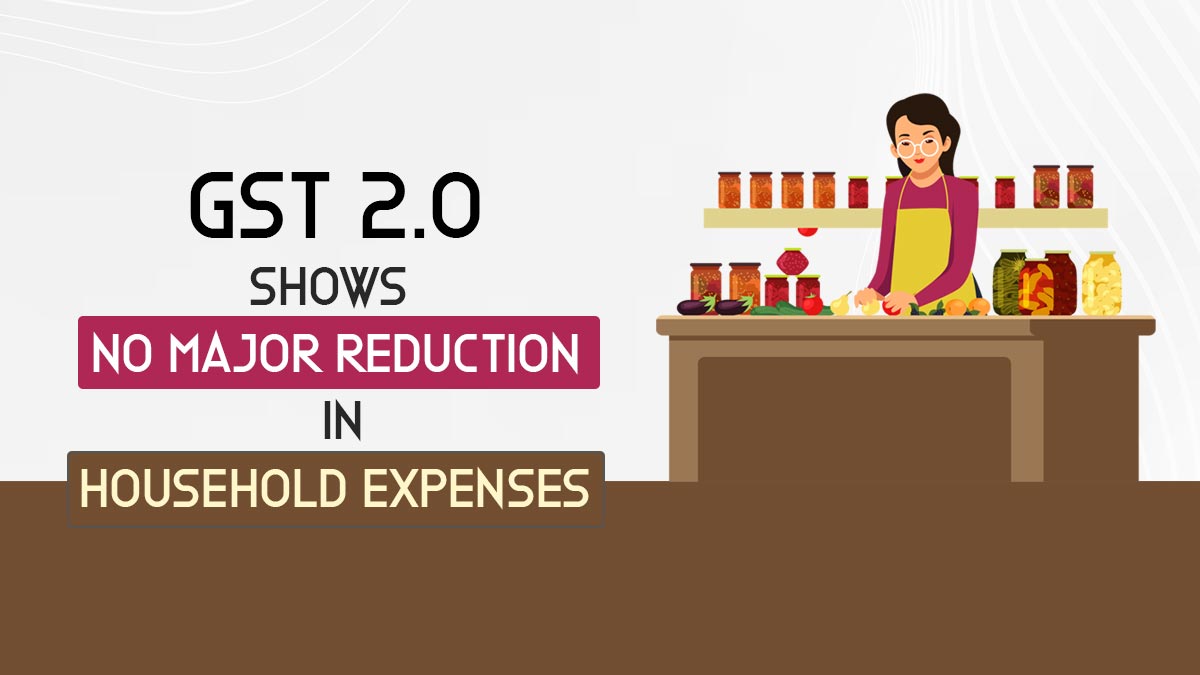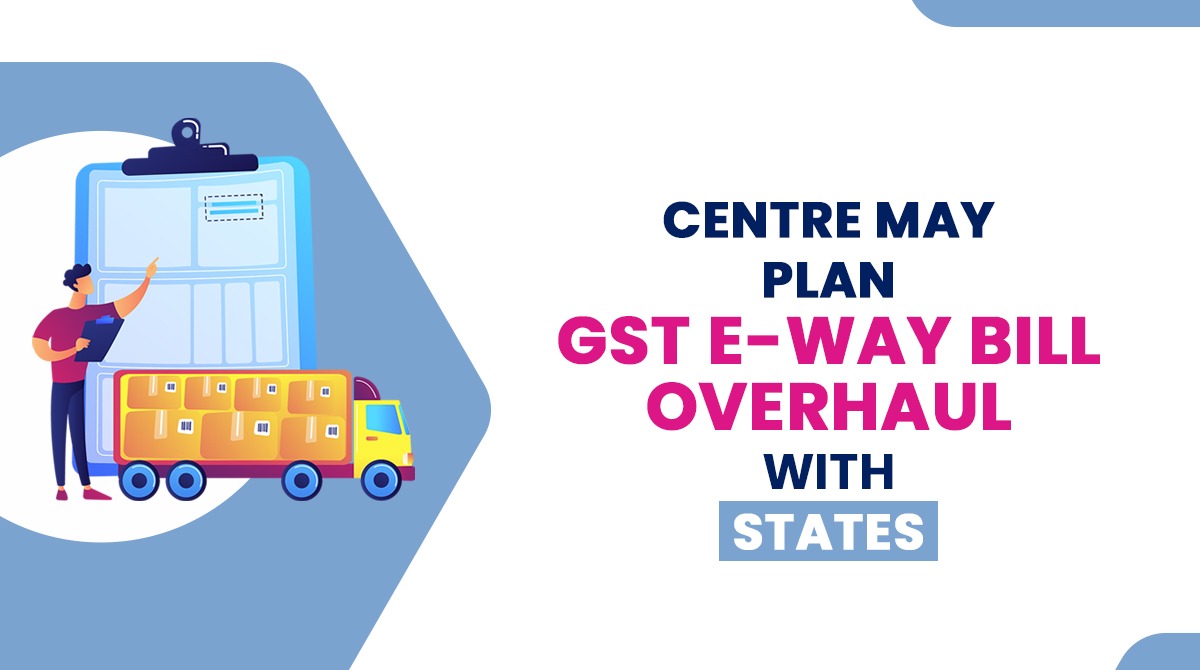
Nearly 50 days have passed since the introduction of the GST 2.0, and the budget of most household kitchens has stayed unaffected, with residents saying little to no reduction in monthly grocery expenses. Under the updated tax regime, it is expected that the cost of consumer goods will be lowered.
According to the shopkeepers and customers across the city, the cost revisions have been minimal and largely confined to select items.
No Relief Seen for Middle-Class Families
Even after the revised GST rates, grocery bills have not changed for many middle-class families.
A bank employee cited that her family of five does not see any change in monthly grocery spending, which still stands at Rs 14,500, and is near the spending before GST 2.0.
“Rice and pulses are priced the same, and even cooking oil has gone up from Rs 150 to Rs 168 per litre,” she quoted.
Everyday kitchen essentials have been shared by a retired government officer’s wife, which remain constant in price.
“A litre of Amul Taaza milk still costs Rs 58, and a 5 kg packet of atta is Rs 230, unchanged from earlier. Even if there’s some overall reduction, it hardly saves us more than Rs 300-400 a month,” she cited.
Restaurants and Daily Eaters Unaffected
The monthly food bills also remain unchanged for consumers who dine out frequently.
One regular diner cited that “Restaurateurs have simply increased base prices instead of passing GST benefits to customers,” expressing that his monthly expenses at hotels have not changed.
Slight decrease in the price of Select Goods
Only marginal reductions have been witnessed in specific FMCG and personal care products, local grocery and Kirana shop owners stated.
Such revisions do not impact overall grocery budgets, shopkeepers admitted.
“The old stock is still being sold. We’ll know the real effect of GST 2.0 only once new stock comes in,” another Kirana store owner specified.
GST 2.0 Effect Yet to Get Customers
Even after the government’s view that GST 2.0 shall lower consumer costs and ease compliance, the reality is different. Retailers report that supply chain costs and the pricing of old stock have restricted the immediate benefits from being passed on to consumers.
Currently, household budgets are still feeling the strain, with families waiting to see if the new tax regime will provide real relief in the forthcoming months.
Source:- Caclubindia.com









